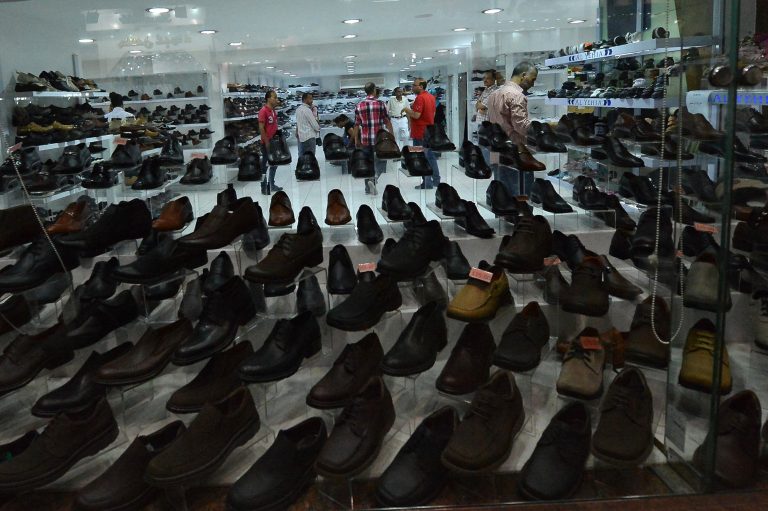Cairo – The Egyptian capital city will host from January 26 to 28 the 18th Cairo International Leather & Shoes Fair, a major business source for factories and retailers of leather goods in the Middle East and Africa. The show encompasses men’s, women’s and children’s footwear, clothing, accessories like belts and wallets, and various other items made from natural leather and the like.
The head of the leather division of the Cairo Chamber of Commerce, Mohamed Mahran, says that the exhibition is an opportunity to discover the best of the leather industry, learn about its latest advancements, and expand the scope of the activities, as the show comprehends various industries.
The show brings in importers from African and Arab countries as well as exporting companies that add value to products in Egypt. According to Mahran, to better suit the preferences of the consumers of these countries, which are somewhat different from Egypt’s, the country relies on a great and continuous development of the leather industry to allow the manufacturing of goods that can meet the demands of Arab and African markets.
The leather division of the Cairo Chamber of Commerce is in talks with some Italian chemical industries that specialize in tanning on which Egypt’s manufacturers depend to foster industrial investments in the Egyptian market. The initiative fits into the vision of Egypt’s government to spur the industrialization of the country and reduce its dependence on imports.
He explained that the significant depreciation of the local currency, the Egyptian pound, and the dollar shortage crisis in recent years have led to a major drop in the volume of Egyptian raw leather imports, which used to be imported in bulk from Brazil, the United States, and several African countries such as Sudan.
Mahran argued for the need of resuming the Egyptian exports of raw and semi-finished goods, especially given the policies adopted by the government to bring in more dollars. He emphasized that he supports the opening of raw leather exports but adds that companies operating in the free zone should receive equal treatment compared to other industrial zones.
Translated by Georgette Merkhan & Guilherme Miranda




